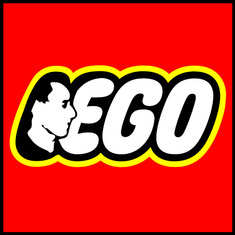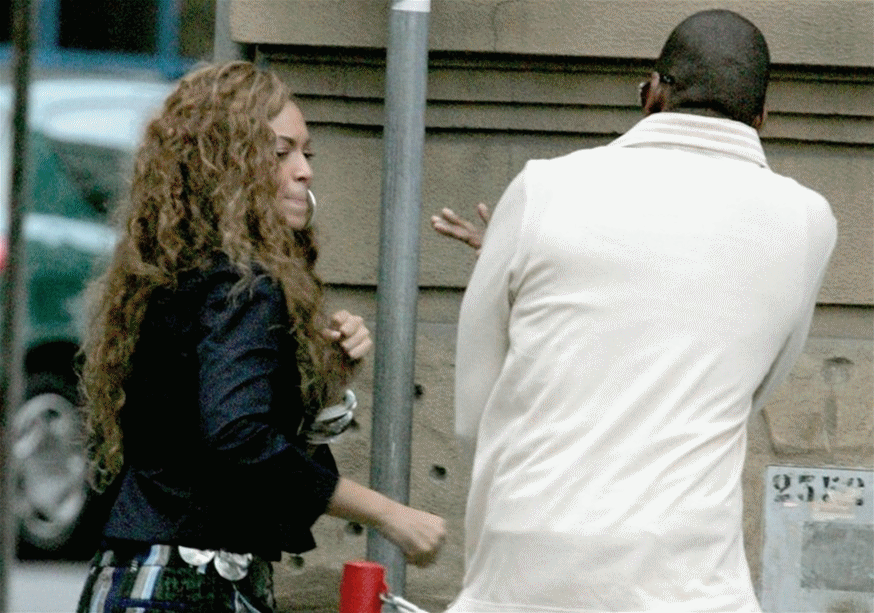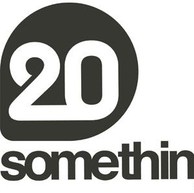
If the situation arises where I’m upset with my mother, I’m told “I don’t have a right to be mad” at her. In other cases, she’s acts as if she’s above criticism. There’s a rationalization for everything she does and she’s always right, because “she’s the mother.” If I insist or continue to suggest that she’s perhaps wrong, she becomes defensive and sometimes attacking or belittling. For example, the topic of baby showers for teen mothers somehow came up. My mother explained that she was against the concept because when she was younger, giving a teen expectant parent a shower was viewed as condoning their sexual activity. When I argued that people should approach it as providing for a child who will be in need, versus support of teenage sex, she said “Oh, you’re just one of those people; any and everything goes with your generation.” When I asked her to explain what she meant by ‘one of those people,’ she wouldn’t elaborate, but she clearly meant it within a negative context. Not only did she make a negative generalization of my generation, she inferred there’s something wrong with my character because I had a different opinion than hers. As the conversation continued, the egotism rose as she reminded be that she’s been alive longer than I have, knows what she’s talking about and that I “don’t understand.” The “don’t understand” phrase is particularly agitating. To understand means to comprehend. I comprehend what she’s saying, I just don’t agree; its two different things.

Parental egotism really rears its ugly head when the adult child tries to set boundaries or wants to discuss their childhood. Some parents find it appalling to see any assertiveness come from their offspring or hear the words “no” or “stop,” abusing the honorary title of ‘parent’ to take advantage of their children, guilt or manipulate them into submission. A friend of mine said he feels like his parents take advantage of his bountiful income, constantly expecting to borrow money after mismanaging their own funds. “If I only give them a certain amount, none at all, or tell them how frustrated I am, they find it insulting. They say I should willingly give them money no matter what because they gave me money in school. I sometimes can’t purchase the things I want or invest my money the way I wish because of how much I give them.”

While some parents are chronic sufferers of parental egotism, others only exhibit it occasionally. Fortunately with my mother, it’s occasionally. There have been moments where my anger has risen to the point of disrespect; I typically apologize. Maybe when I have my own children, my mother will fully level with me. Until then, I’ll respectfully assert myself and hope I won’t need my boxing gloves.




 RSS Feed
RSS Feed